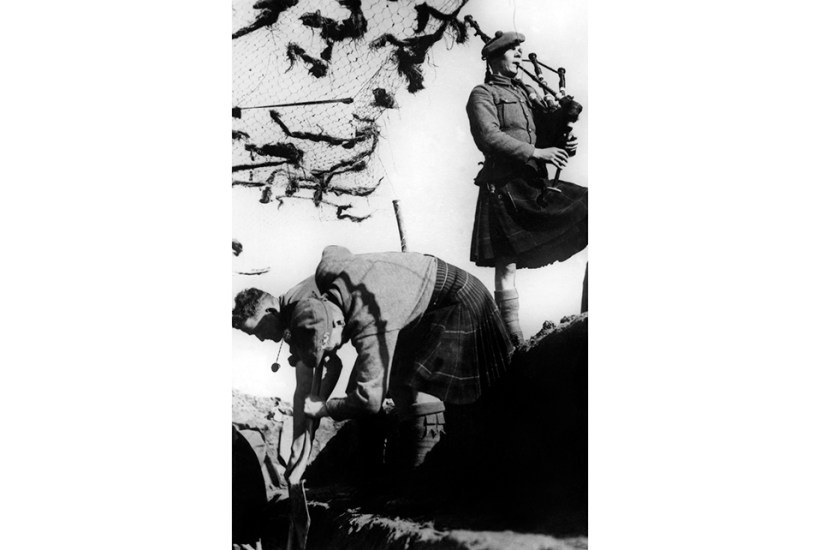Conflict comes highly recommended. Two former chiefs of the defence staff, Generals David Richards and Nicholas Carter, praise it for identifying key lessons from the past appropriate to the future. A former MoD strategic adviser, Sir Hew Strachan, says it will ‘challenge the professional and enlighten the generalist’. The US marine corps general and former secretary of defense James Mattis, ‘the warrior monk’, says it is ‘a clear-sighted assessment of war’s future’.
Already a subscriber? Log in
Subscribe for just $2 a week
Try a month of The Spectator Australia absolutely free and without commitment. Not only that but – if you choose to continue – you’ll pay just $2 a week for your first year.
- Unlimited access to spectator.com.au and app
- The weekly edition on the Spectator Australia app
- Spectator podcasts and newsletters
- Full access to spectator.co.uk
Unlock this article
You might disagree with half of it, but you’ll enjoy reading all of it. Try your first month for free, then just $2 a week for the remainder of your first year.








Comments
Don't miss out
Join the conversation with other Spectator Australia readers. Subscribe to leave a comment.
SUBSCRIBEAlready a subscriber? Log in